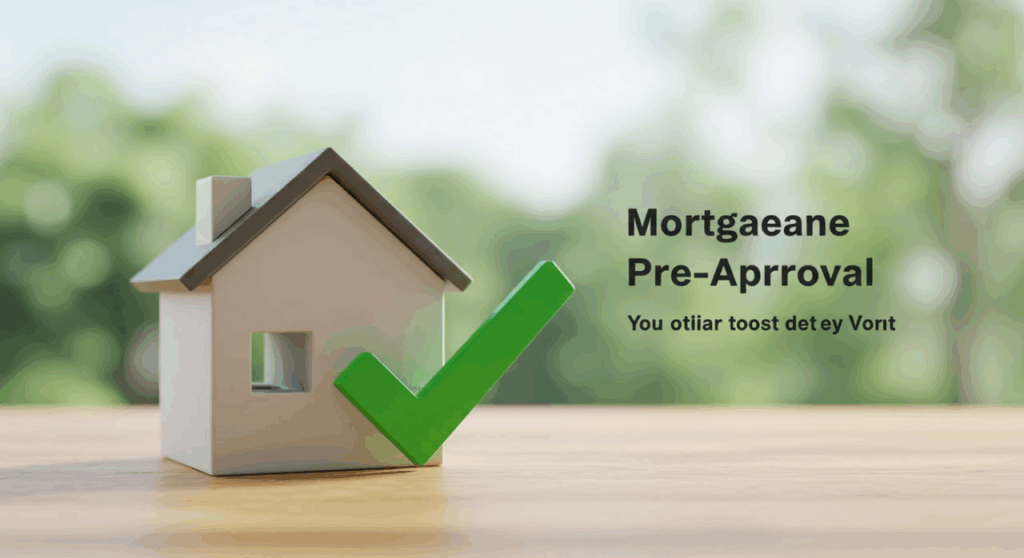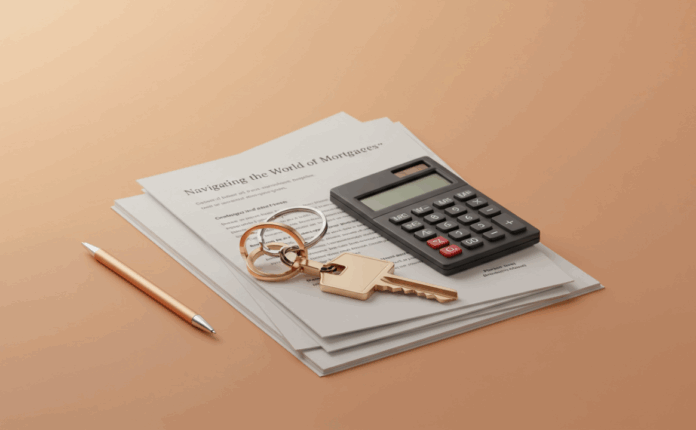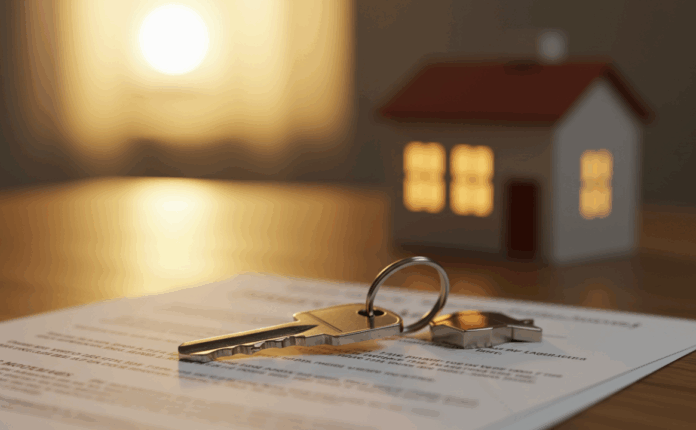Buying a home is a significant financial undertaking, and securing a mortgage is a crucial step in the process. Before you even start house hunting, getting pre-approved for a mortgage can significantly increase your chances of a successful purchase. It shows sellers you’re a serious buyer and can make your offer more competitive.
Understanding Mortgage Pre-Approval
Mortgage pre-approval is a process where a lender reviews your financial information and provides a written estimate of how much they’re willing to lend you. This isn’t a guaranteed loan, but it’s a strong indication of your borrowing power. It’s different from simply getting pre-qualified, which is a less formal assessment.
Benefits of Getting Pre-Approved
Pre-approval offers several key advantages. Firstly, it gives you a realistic budget, helping you focus your home search on properties you can actually afford. Secondly, it strengthens your offer when you find a home you love; sellers appreciate knowing you’re financially prepared. Finally, it allows you to shop around and compare offers from multiple lenders to get the best interest rate and terms, potentially saving you thousands over the life of the loan. Learn more about interest rates and how they impact your mortgage.
The Pre-Approval Process
The pre-approval process typically involves providing the lender with documentation such as pay stubs, tax returns, and bank statements. They’ll review your credit score, debt-to-income ratio (DTI), and other financial factors. The lender will then assess your eligibility and provide you with a pre-approval letter, outlining the loan amount they’re willing to offer.
Factors Affecting Pre-Approval
Several factors influence your pre-approval amount. Your credit score is a major factor; a higher score usually translates to better interest rates and loan terms. Your income and debt levels also play a critical role, as does the type of mortgage you’re seeking (e.g., conventional, FHA, VA). Understanding these factors can help you prepare effectively for the pre-approval process. It’s wise to check your credit report from AnnualCreditReport.com before applying.

Choosing the Right Lender
Shopping around for a lender is crucial. Different lenders offer various rates, fees, and loan programs. Consider factors such as customer service, online tools, and the lender’s reputation. You can compare offers from different lenders using online comparison tools or consulting with a mortgage broker who can assist you in finding the best fit. Take your time to research your options. There are many resources available online such as NerdWallet and Bankrate.
Maintaining Financial Stability
Once you’ve received pre-approval, it’s crucial to maintain financial stability. Avoid making significant changes to your income, debt, or credit score before closing on your mortgage. Any major financial changes could jeopardize your approval and potentially delay or prevent you from securing your dream home. It’s always recommended to consult with a financial advisor during this period.
What Happens After Pre-Approval?
After pre-approval, you’ll continue the home-buying process, making an offer on a property and going through the appraisal and underwriting stages. These steps will lead to your final mortgage approval. During this phase, remember to stay in close contact with your lender to keep them informed of your progress.
In conclusion, obtaining mortgage pre-approval is a vital step in the home-buying journey. It empowers you with knowledge, strengthens your position as a buyer, and helps you secure the best possible financing terms. By understanding the process and preparing thoroughly, you can significantly increase your chances of a smooth and successful home purchase.
Frequently Asked Questions
What is the difference between pre-qualification and pre-approval? Pre-qualification is a less formal estimate of how much you might borrow, while pre-approval involves a more thorough review of your finances and a written commitment from the lender.
How long does the pre-approval process take? Typically, it takes a few days to a couple of weeks, depending on the lender and the amount of documentation required.
What if my pre-approval is denied? If your pre-approval is denied, the lender will typically provide reasons. You can work on addressing these issues and reapply later, perhaps with a different lender.
Can I shop around after receiving pre-approval? Yes! Pre-approval from one lender doesn’t obligate you to use their services; it allows you to compare offers from multiple lenders.
How long is a pre-approval valid for? The validity period varies by lender; it’s usually between 60 and 90 days. You might need to reapply if it expires before you close on a home.



